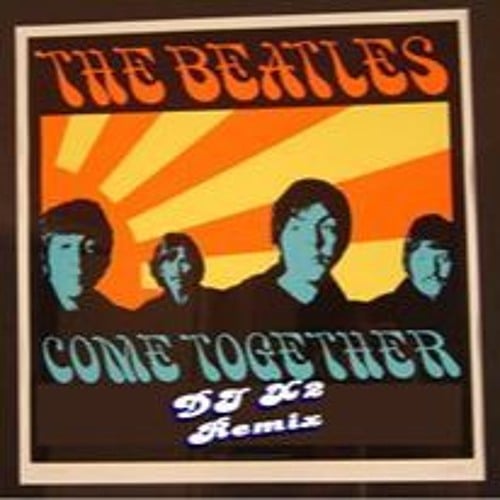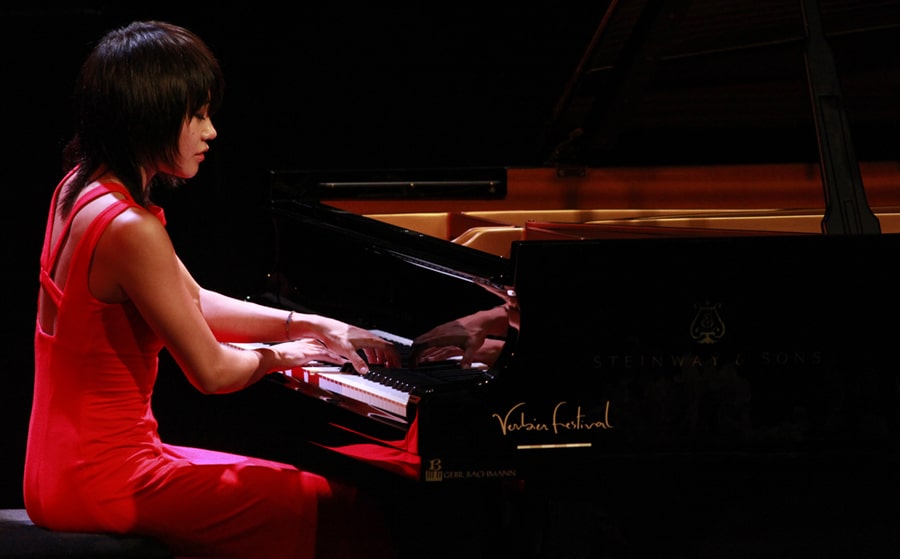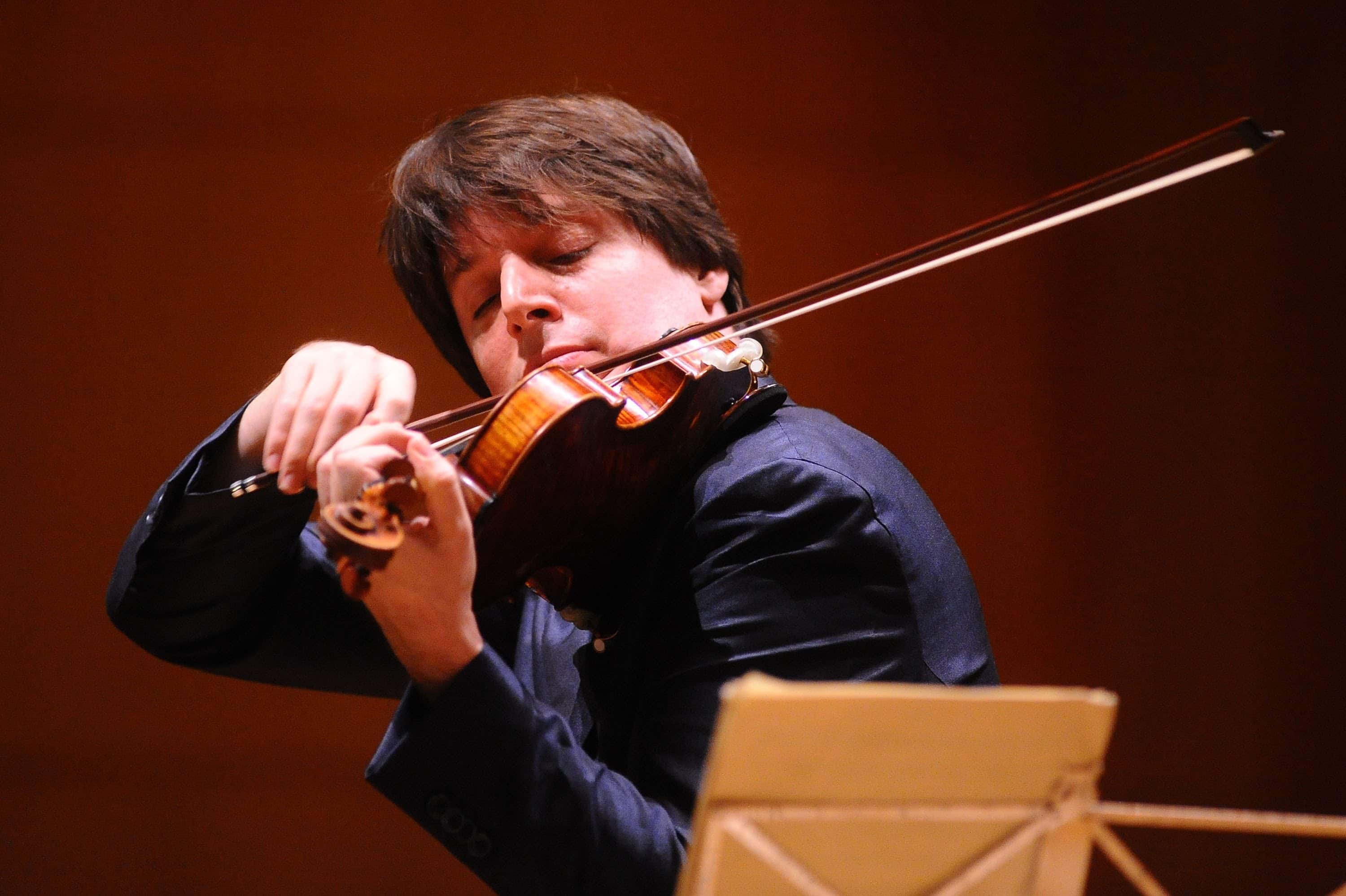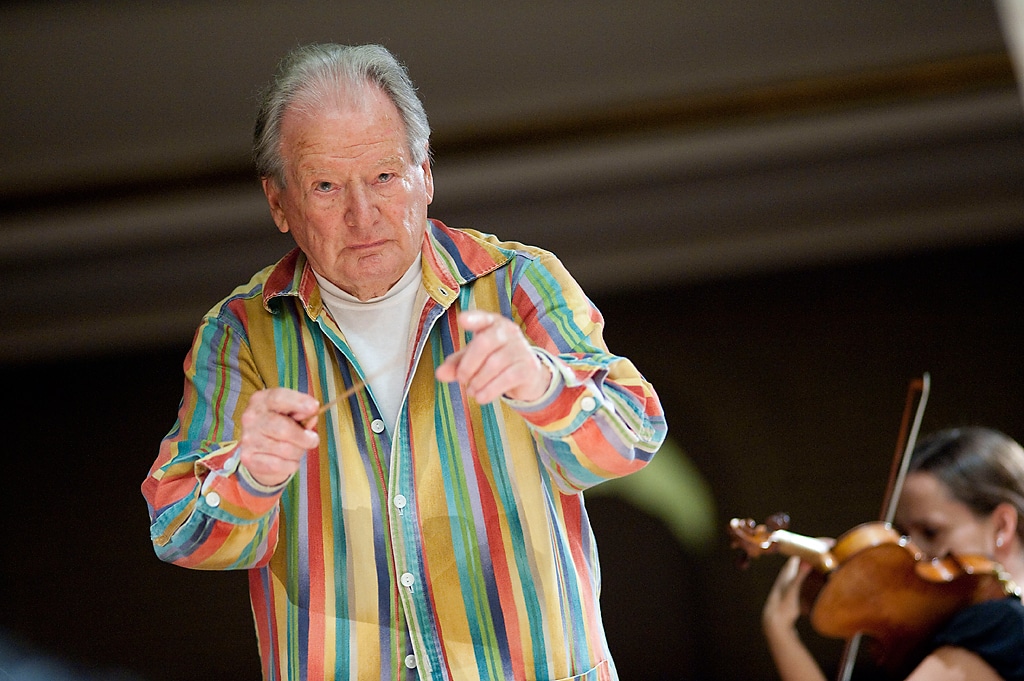A successful string quartet must come together like the Beatles
Daily Comfort ZoneOur diarist Anthea Kreston begins a series of personal reflections on the passing of a string-quartet generation. Here’s take one:
We are all here, passionately addicted to classical music, each in our own way. When did my path become inevitable, when did yours? Music, it seems, takes us on a decidedly different journey than any other career – it is deeply felt, inhabits every part of our minds, hearts and bodies, 24 hours a day. It is these thoughts that surround me as I think back to my time with the Emerson String Quartet – as a student, as a concert-goer, and now, as (I imagine) a friend.
My first interaction with the Emerson Quartet was as an eager, hungry (for life) member of a student quartet. I had made the rounds – Curtis, the usual summer camps, competitions, etc. – and was now leaning in, fully, to the prospect of making it as a quartet musician. The Avalon Quartet had studied with members of many of the legendary string quartet teachers – Tokyo, Juilliard, Cleveland, Vermeer, Amadeus, Orion, Guarneri, Takács – and had begun to rack up a modest string of competition wins. We were in the trenches – endless rehearsals and lessons (we were in year one of two into a residency with the Vermeer Quartet in rural Illinois – flat, corn as far as the eye could see, living every breath as if we were four people marooned on a desert island).
That summer, we were one of 10 groups invited to Carnegie Hall to work for several weeks with Isaac Stern and a group of larger-than-life performers. Hours of open masterclasses in the big hall every day, with a panel of 6 or so celebrity teachers working over every detail of our pieces in front of a live audience. It was here that I first met the Emerson Quartet.
How to describe the feeling? As a musician, I often feel as if I am made of a collection of mystical, wonderful grains of sand. Each grain was given to me by a teacher at some point – it could have been a color they helped me find, a new way of understanding Schubert, some advice on navigating a career. Each grain of sand was given with caring, freely, and has settled, shifted, and become what I am today. And those grains are what I, in turn, share with my colleagues, children, students. And what I learned from the Emerson those weeks felt like a swirling, hot breeze which lifted me, filled me with relentless enthusiasm to find my voice, to become who I wanted to be, and to delve into music as a way of life – as an answer to life.
My mother-in-law says that any successful string quartet must be made up of the four personalities of the Beatles. Not sure if this is true – it certainly wasn’t the case with the Vermeer Quartet, our current teachers – that was much more like The Doors. Strong front man. But Emerson – sure – I could see that – with a healthy dose of imagination. As I got to know them those weeks, I was struck by both their unified philosophy, and their individual opinions and personalities. Ringo Starr (David Finckel – fill the hall with your rock-star personality), George Harrison (thoughtful and kind Eugene Drucker – look at the work from the inside out, be the glue), Paul McCartney (Larry Dutton – approachable, relatable, memorable), and finally John Lennon (Phil Setzer – the dreamer, the magician). As a student, I was jolted into a new way of thinking – how to balance filling a hall the size of Carnegie with my own personality, at the same time staying brutally honest to my own ideals, the intricacies of the score (from the function of chord progressions to the specific place of a work in the canon of the string quartet literature), and connecting on a fundamental, human level with my colleagues. This was new. This was difficult. This is what they asked of us.
I learned that humor and good will towards others is the most important part of a life in music. To be unafraid of failure, to crave perfection – to drill into it with ferocity. To train, and then to let go – to be both the best image of yourself and a willing receptacle of other’s wisdom. Music is not pretty. It’s a reflection of all of the ugliness and devastation of the world, the unrequited, the dismissed. And also it’s like a drug – it is better than life can ever be – more tender and more fragile, stronger than anyone could dream of being.
After that time, we were accepted to be the grad quartet in residence with the Emerson, and I was able to spend time with these four amazing humans every week for 2 years. It changed me, forever.






Lovely essay!
==the passing of a string-quartet generation.
What about the birth of a new generation ? Would be more positive
Sounds like another essay.